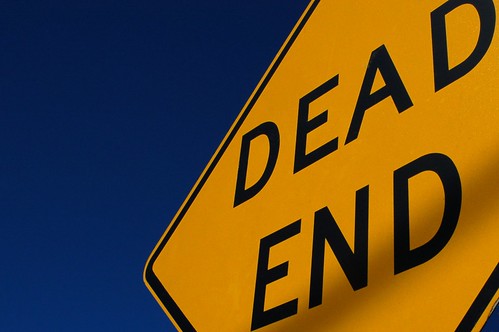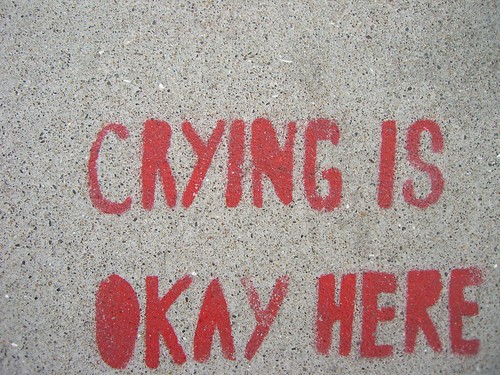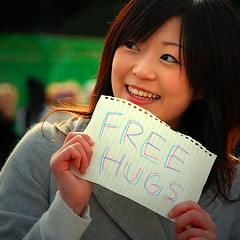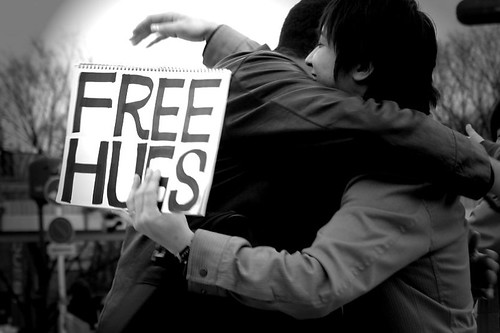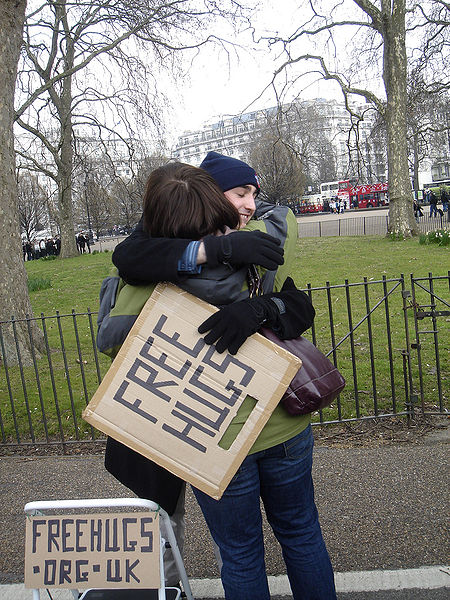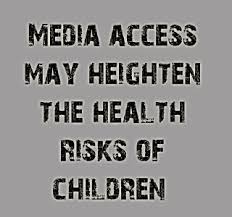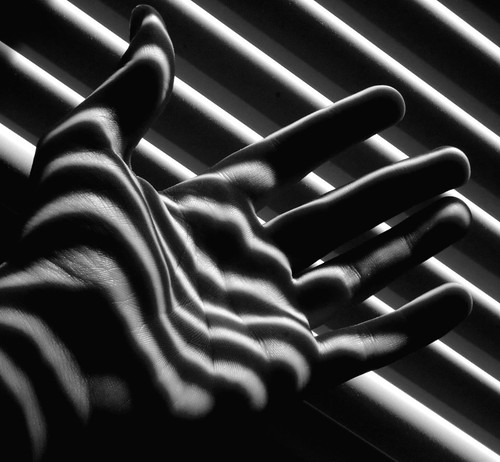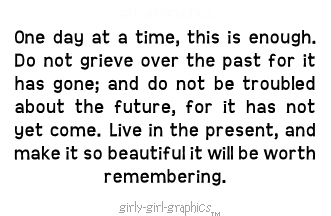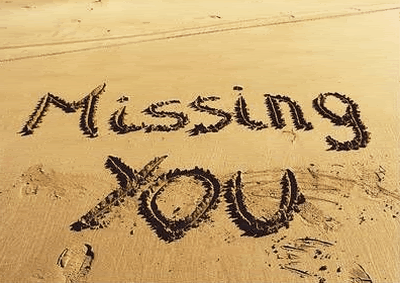I'm pretty sure it’s a Tuesday…pretty sure…although my Tuesdays do bear striking resemblance to Saturdays lately. Even so, I'm almost positive that it’s a weekday and not any sort of national holiday. Which begs the question, what are all of these grown-ups doing here? It’s 2 pm and the park is filled with picnics and games of catch, dogs romping and owners strolling across grassy fields.
Are they all writers like me, cruising for inspiration? Self-employed workers who take two-hour lunches? Trust fund children frolicking without the heavy duty-filled bag of needing to fix the world that would keep me chained to a 9-5 desk, working for no pay simply out of guilt? We are close to Hollywood, so it’s entirely possible that these cut-off clad dog owners are shockingly famous and I'm the only one fooled by their commoner disguise. Still, I’d be willing to vouch for unemployed, self-employed, or on a ‘mental health’ day.
I'm not complaining. It’s nice to have company; nice to be reminded I'm not the only one that thinks 2 pm on a Tuesday afternoon is the perfect time for a park visit.
I wonder if they feel the same anxiety, the anticipatory avoidance to the inevitable question: So where do you work? And the measured edginess that slips into my responses to “Where are you looking to get an actual job?” I wonder if my retorts of being happy and following my dreams sound like idealistic fiction, if they turn around with knowing glances laden with ‘try paying the rent on dreams and amateur writing’.
I read into the silences, projecting judgment in pauses and filing criticism within inflection. I feel required to justify, pressing superfluous words into defensive answers, compelled to dissipate the whiff being lazy or spoiled, of lounging in silk nightgowns, popping bon-bons while watching Oprah. I serve rationales of current sickness, unemployment, applications sent and self-imposed 40 hour weeks, while ignoring the obvious: It’ the middle of the afternoon and I'm still in boxer shorts and my brother’s old t-shirt cuddling on the couch with my puppy.
What crisis do I think I'm evading by ensuring that ‘They’ know I'm working hard, quite busy actually, working just as hard as they are. What is my aversion to a gracious acknowledgement that yes, Life is good; yes, I'm happy and I love writing and yes, I love the freedom of living by my own schedule. What would be so disastrous if I said out loud, Yes, it’s wonderful to wake up in the morning and write, and wonderful not to commute or punch time cards or answer to a cranky boss. Yes, it’s my dream to be a writer and yes, it’s wonderful to sleep in if I feel like it. What is my objection to dipping a toe in the ‘spoiled’ neighborhood, so distasteful that I stock up on highlighted maps and complicated theories to ensure maximum distance between any spoiled association and my name.
It’s an irrational fear, 7 letters never used as my adjective, and still I run from its shadows, terrified of who I would become should I be perceived as spoiled, ungrateful, or not having to work hard for my smiles. I flee from ‘ungrateful’, glancing over my shoulder lest it adheres and casts contaminating spores that will permanently color the way I am perceived. And so it pops up again – them. I'm running from what They might think of me, how They might judge, and how They might scorn and think less of me.
And the truth is, there is no them. It’s not the strangers at the park whom I want to impress. It’s not to my friends that I need to prove my worth. Even if there are the few sarcastic jokes about having it good, the only reason they register is because they’re eerily familiar. The judgments I see reflected in others’ eyes originate within me. They’re my soft spots, my insecurities, my unchecked doubts. Do I really care if the acquaintance thinks I'm spoiled or the neighbor writes me off as not knowing what hardship is? Do I really to allow the people behind me in the checkout line to define my self-worth?
It’s a Tuesday afternoon and I'm sitting under a tree, breathing in the sun and scribbling reflections, keeping one eye on my puppy as she takes on the Siberian husky that trots by. It’s the middle of the week, and I'm at the park. Regardless of why the other patrons are there or what twisted decrees my brain invests to condemn me in others’ eyes, it’s time to bury my defenses and brush off the guilt. It’s Tuesday afternoon and I am lucky – lucky to have a home and ways to pay the rent, lucky to have my puppy for company, lucky to spot the blooming gardenia plants, and lucky to have the trickle of possibility to write as a career.
But most of all, I'm lucky because it’s a damn good life, and thank goodness every moment doesn’t have to be a struggle. Call me spoiled. Call me ungrateful. Call me lazy. And I’ll practice quieting my own judgments from the inner ‘Them’ while I savor the sunshine and take a deep breath.















